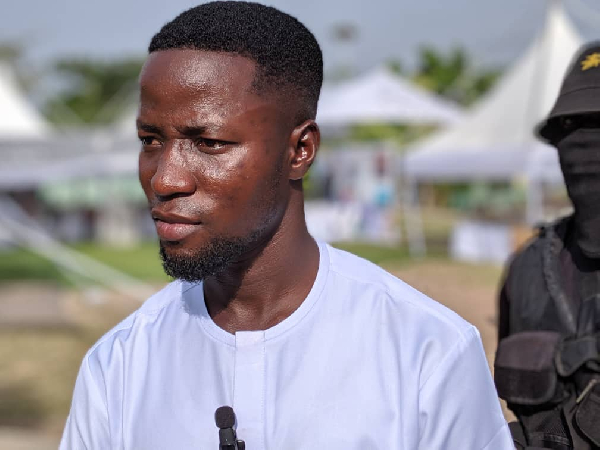 Chief Executive Officer of Jollof King, Solomon Darkwa
Chief Executive Officer of Jollof King, Solomon Darkwa
The Chief Executive Officer of Jollof King, Solomon Darkwa—popularly known as Jollof King—has raised serious concerns about the risks communities face when they fail to care for orphans and vulnerable children without parental guidance.
Speaking during his recent visit to the Kiku Orphanage Home in the Kwabre East Municipality of the Ashanti Region as part of his birthday celebration, he appealed to Ghanaians—individuals, philanthropists, churches, and mosques—to prioritize the welfare of these children. He stressed that neglecting their moral, physical, and financial needs could lead them down dangerous paths.
“Our refusal to show concern for these children sets a dangerous trap for society,” he warned. “They may fall prey to bad influences such as drug abuse, criminal activities, and other harmful behaviors. By the time we realize it, they have become a burden and a threat to the community.”
Solomon Darkwa emphasized the importance of community involvement in shaping the futures of these vulnerable individuals.
“We cannot leave these children isolated or assume they are not our responsibility just because they do not have parents. Let us do the little we can to guide and support them, especially when they live within our communities.”
He called on religious institutions, individuals, and all stakeholders to take a proactive role in providing care and support for orphans.
“If we fail to act, negative influences will fill the void, turning these children into criminals, drug users, or worse,” he cautioned.
During his visit, he commended orphanage homes for their dedication to nurturing and supporting children without parents.
“Without their good guidance, many of these children could be lost to society,” he noted.
He urged everyone to see caring for orphans as a shared responsibility, whether the children reside in orphanages or within local communities.
Solomon Darkwa’s visit to Kiku Kinderhaus Kumasi was part of his birthday celebration, during which he dined with the children and donated essential items including toilet rolls, sachets of water, clothes, and drinks.
Samuel Tachie Mensah, manager of Kiku Kinderhaus Kumasi, expressed gratitude for the CEO’s generosity and presence.
He also addressed misconceptions about orphanages, clarifying that they do not sell donated items but instead require more support to meet their growing needs.
“We currently care for several children who have gained admission into tertiary institutions, which poses a financial challenge,” he explained.


